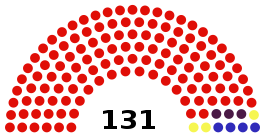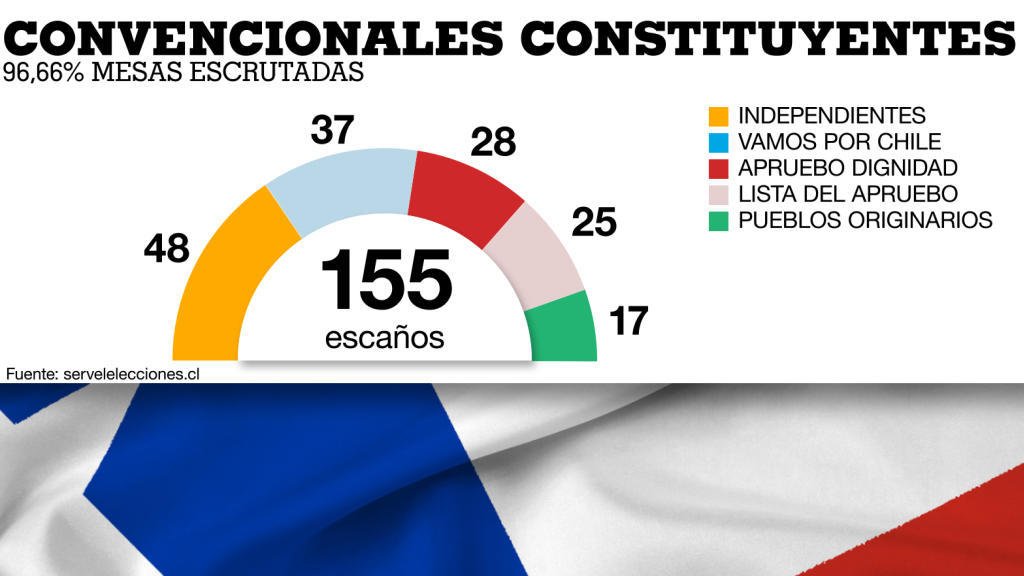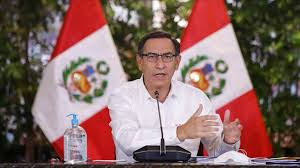Some people says the Chilean process is the worst among the ones addressed to replace constitutions in turbulent times. I wonder which criteria is used to base such an assessment. First of all, the process is ongoing, so **we still don’t know**. 1/
Second, when comparing with past some facts should be considered. In #Venezuela and #Ecuador constitutions were under control of the government, so huge majorities imposed rules. In Ecuador 2008, before arriving to this point there were crazy interventions. We studied it👇2/ 

Deputies removing members of the Tribunal Supremo Electoral, the TSE trying to dismiss deputies and at the end the President, sending the police to Congress to protect substitutes that sided with him against the parties from which they had been elected. #Ecuador 3/ 

In Venezuela 1999, a majoritarian electoral system gave 92% of the seats with 62% of votes (and 54% participation). The constitution was written in 120 days of the 180 given (something surprising if one thinks on the typical emerging debates, but there was no much debate) 

In Bolivia, tensions raised everywhere and almost anytime. At the end, the assembly had to move from Sucre because the population (largely supportive of MAS) rejected the proposal of moving the capital. The assembly ended their work in 17 hours, with no opposition. 

In #Iceland, after the economical crisis of 2008 and the social protests there were two attempts of changing the constitution. The famous crowdsourced constitution never entered into force (People didn't it 👇). 

So, yes, let's fix a set of criteria for the analysis and a timing before comparing. And meanwhile, remember that the reasons why Chile needs a constitution remain. 

• • •
Missing some Tweet in this thread? You can try to
force a refresh

 Read on Twitter
Read on Twitter








